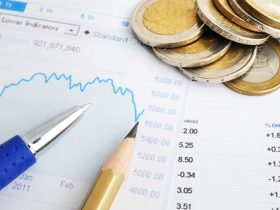The European Central Bank’s (ECB) decision to maintain high interest rates for an extended period has led to a rapid sell-off of German 10-year government securities, pushing their yield to the highest point since 2011. This reaction from bond traders on Monday marks the quickest rate of sell-off since February.
Amidst global repricing efforts, this trend has sparked concerns in Europe, where the economy isn’t as robust as that of the United States. Policymakers’ attempts to bring inflation back to 2% could potentially trigger a recession.
Francois Villeroy de Galhau, Governor of the Bank of France, underscored these risks and cautioned against actions that might hinder the limited growth in the eurozone. He urged officials to focus on the “persistence” of monetary policy following a tenth consecutive increase in the deposit rate to 4% this month. The latest data shows only a slight improvement in business prospects in Germany, Europe’s leading economy.
The yield on the 10-year German bond has spiked beyond 2.81%, marking an increase of over 30 basis points this month alone. Concurrently, due to escalating concerns about stagflation, the euro has been on a downward trend for over two months and is currently trading around $1.06, its lowest level in six months.
Isabelle Vic-Philippe, a fund manager at Amundi SA, has decided to avoid additional interest-rate risk in her portfolio, anticipating that central bankers might sustain tighter conditions longer than what markets currently anticipate. She highlighted that inflation remains relatively high, albeit slowing down – a phenomenon already observed in the US where rates have risen in response.
This article was generated with the support of AI and reviewed by an editor. For more information see our T&C.
Read the full article here













Leave a Reply